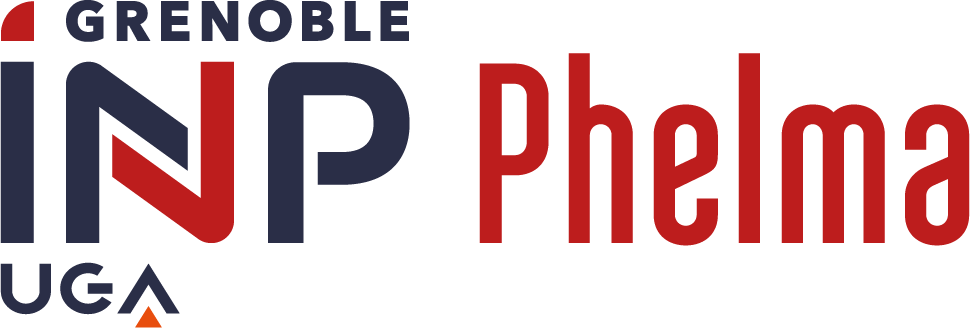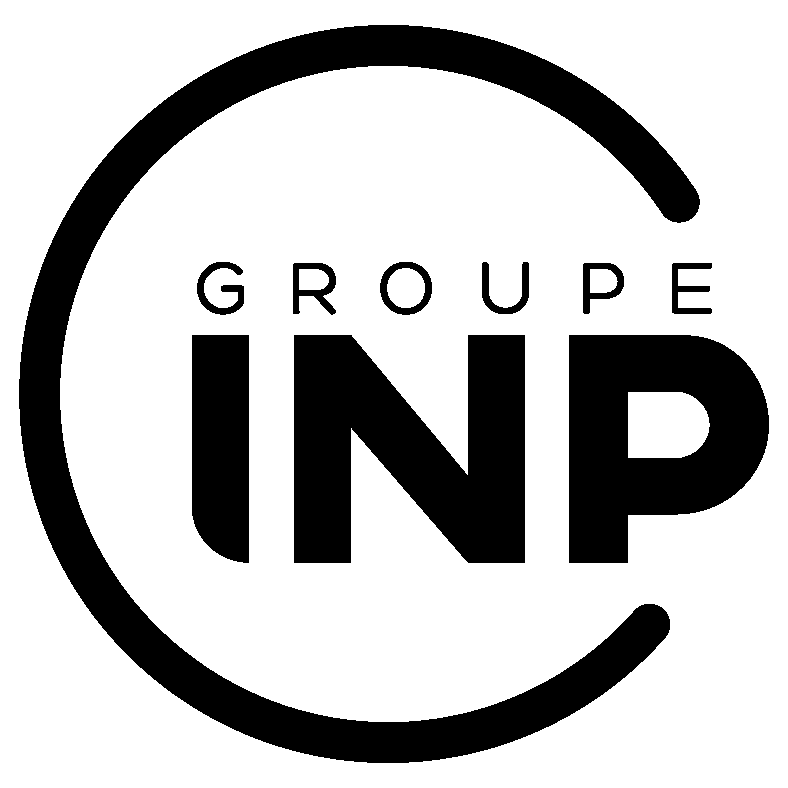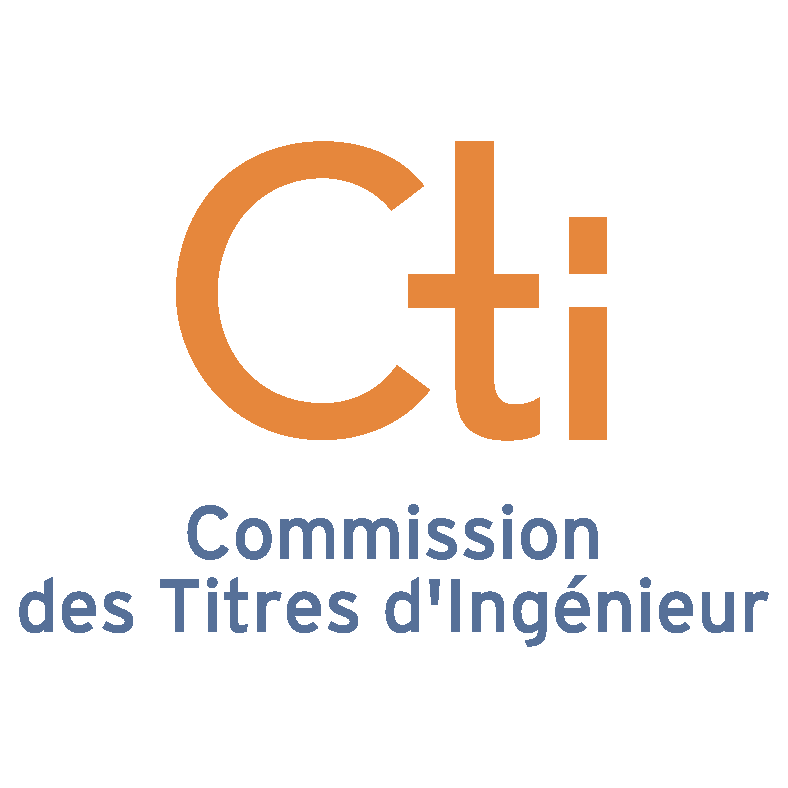FAQ - International
International
Many destinations are possible:
– In Europe :
– ERASMUS programme: university partnerships with various countries: Germany, United Kingdom, Spain, Italy, Netherlands, Sweden, Belgium, Finland, etc.
– UNITE
– In North America: Canada, USA
– In South America: Brazil, Colombia, Mexico, Energy and Nuclear Engineering (GEN), Chile
– In Asia: China, Japan, Vietnam, Korea, Singapore
– Australia
– Central America: Venezuela
For internships and end-of-study projects, all destinations are possible, but it is an individual student’s choice, there is no need for an agreement.
Because Grenoble INP – Phelma engineers will have to work in an international context and because being open to the world and to others is a source of fulfilment, the school asks its students to spend part of their course abroad. Therefore, you will need to demonstrate at least 6 WEEKS of experience abroad during your course. This may take different forms: academic stays, internships, international courses, summer school, gap year.
– The 1st and/or 2ndyear internship
– The final year project (PFE)
– Part or all of year 3 or year2
– a gap year during your course
Local authorities (Auvergne-Rhône-Alpes region, Isère department) and European programmes (ERASMUS+) can provide financial support to students wishing to go abroad during their studies under certain conditions:
– Grants from the Auvergne-Rhône Alpes Region
– The ERASMUS+ grant
– For students with scholarships, additional aid may be granted (MESR mobility supplements) and departure aid from the Auvergne Rhone Alpes region
– Scholarships of the Franco-German University
– FITEC programmes with South America
Student engineers have the opportunity, under certain conditions, to participate in programmes leading to a double degree of great value on the European labour market.
Germany
Darmstadt University of Technology (TUD)/Karlsruhe Institute of Technology (KIT)
Brazil
Universidade Federal do Rio Grande do Sul (UFRGS) / Universidade Estadual Paulista Júlio de Mesquita Filho (UNESP) / Universidade Federal de Santa Catarina (UFSC) / Escola Politécnica da Universidade de São Paulo (EPUSP)
Canada
Columbia
Universidad Nacional De Colombia (UNAL)
Spain
Universitat Politecnica de Catalunya (UPC)
Norway
Norwegian University of Science and Technology (NTNU)
People’s Republic of China
Shanghai Jiao Tong University (SJTU) / Institut franco-chinois pour le nucléaire (IFCEN)
Sweden
Kungliga Tekniska Högskolan (KTH)
Students obtain an engineering degree from Grenoble INP – Phelma and a degree from the partner university.
This is an English language course which includes a compulsory semester abroad in one of the universities of the consortium or partner university. By choosing one of these courses, you have the opportunity to develop in a European context of excellence in the fields concerned.
- ADVANCED MATERIALS (parcours Parcours Functionalized Advanced Materials and Engineering (FAME+) ou Parcours Advanced Materials for Innovation and Sustainability (AMIS)) in the field of materials and
- NANOTECH in the field of microelectronics
- EMINE in the nuclear industry
Nanotech
The objective of this programme is to train engineers in the field of design and development of miniature components and systems associated with the cutting-edge technologies of micro and nano electronics. The first semester takes place at the Polito in Turin, Italy, the second semester at Phelma and the final semester at the Ecole Polytechnique Fédérale de Lausanne in Switzerland. This is an international programme in which courses are taught in English and in which Phelma students rub shoulders with students from the other two partner universities and from all over the world who are admitted on the basis of their excellent academic records.
PARCOURS FUNCTIONALIZED ADVANCED MATERIALS AND ENGINEERING (FAME+)
PARCOURS FUNCTIONALIZED ADVANCED MATERIALS AND ENGINEERING (FAME+) is an Erasmus Mundus joint Masters programme on advanced functional materials and engineering organised by top European universities in the framework of ERASMUS +. To provide high-level, research-oriented academic engagement in the synthesis, characterisation and processing of all classes of materials with a particular focus on nanomaterials, hybrids and ceramics. Offer mobility during the two-year Master’s programme to benefit from the complementary skills of the network universities. Prepare students to enter a PhD programme in Europe or elsewhere, for example in one of the EMMI network laboratories. Students in this programme will receive a multiple or double Master’s degree in “Materials Science” from the consortium universities in which the student has studied.
PARCOURS ADVANCED MATERIALS FOR INNOVATION AND SUSTAINABILITY (AMIS)
PARCOURS ADVANCED MATERIALS FOR INNOVATION AND SUSTAINABILITY (AMIS), The Master’s programme in Advanced Materials for Innovation and Sustainability addresses the following topics – all of which are core themes of the European Institute of Innovation and Technology (EIT) Raw Materials:
– Substitution of critical or toxic materials in products and performance optimisation
– Optimisation of the material chain for end-of-life products
– Design of products and services for the circular economy
The adaptation mainly concerns metallic and mineral raw materials. Bio-based and polymeric materials are covered because of their potential for substitution and other materials in the context of recycling of multi-material products.
In addition, the ADVANCED MATERIALS FOR INNOVATION AND SUSTAINABILITY (AMIS) programme includes a strong set of courses and projects in innovation and entrepreneurship. Student mobility is an integral part of the two-year programme, during which students will study at two partner universities in the consortium. At the end of the programme, students will receive a double degree.
EMINE
Emine is a European Master in Nuclear Energy. A new generation of advanced nuclear technologies that offer unparalleled power, speed and adaptability to dramatically accelerate the transition to a low or even post-carbon energy landscape. At the same time, innovations in waste management have significantly reduced the risks and negative impacts on the environment. Experts around the world agree on the potential of nuclear energy in the fight against climate change. In fact, one of the four most promising ways to limit global warming by 1.5°C by 2050 is nuclear power. It is extremely exciting.
In addition to the international masters, our students can also follow masters in English in the Materials Science and Engineering (MSE) programme or in a double programme for 3rd year students.
- M1 Daleth
- M2 Sigma
- M2 Nano Medecine and Structural Biology
The regulation, which entails the payment of differentiated tuition fees by non-EU students, will come into force at the start of the 2021/2022 academic year. The full amount of the registration fee does not necessarily have to be paid at the beginning of the year: payment may be staggered. As soon as a favourable opinion is received, the student will be invited to put together an application for exemption on social criteria; an e-mail will specify the procedures for putting together the application. This exemption may be partial or total. In addition, accepted students will receive information on the various scholarships available to Grenoble INP students.
Differentiated registration fees
All students must pay the CVEC to the CNOUS before they can register.
Masters and engineering cycles :
From the start of the 2021/2022 academic year, students from outside the EU will have to pay a registration fee of €3770
Master with specific fees :
Contact the International Relations Department of Grenoble iNP – Phelma,
UGA
Yes, but it is a personal initiative of the student who has to pay the university fees
No, this is not allowed.
Maximum two times but you must stay at least 3 full semesters at Phelma and you can only apply for one scholarship
An admission procedure based on qualifications unless your university has a double degree agreement with Grenoble INP – Phelma
Yes from the start of the school year 2021





